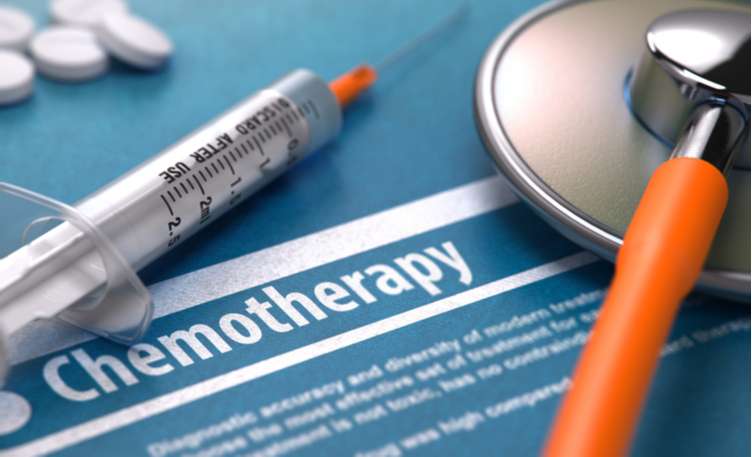Chemotherapy is a treatment that uses a combination of drugs to treat cancer. The chemo in chemotherapy refers to the chemical medications that kill the cancerous cells in your body and prevents them from dividing and growing.
What You Need To Know About Chemotherapy
Here are a few things you need to know about this course of cancer treatment
Chemotherapy Can Require More Than a Single Drug
While chemotherapy can at times only require a single drug, it is generally administered in tandem with other drugs (combination chemotherapy) to not just target multiple aspects of the disease but also prevent overall drug resistance and chances of a relapse.Chemotherapy Can Be Combined With Other Cancer Treatments.

Some cases of cancer require a multi-pronged treatment approach (depending on their stage). Your doctor could recommend a combination approach that fuses surgery/ radiation (for treating localized cancer) with chemotherapy (to arrest the spread of cancerous cells across the body).Chemotherapy Has Side Effects, and That's Okay
Chemotherapy works by killing cancerous cells as they continue to multiply in your body. Chemo drugs can however also wipe out the healthy cells of your body during the same process and cause a host of side effects like acute lethargy, hair and weight loss, ulcers and more.
The good news, however, is that the intensity of chemo side effects tends to differ from person to person and modern medicines can go a long way in relieving its harsher side effects. Ask your doctor about the pain relievers and antiemetics (anti-nausea drugs) that you can safely take without affecting your treatment.Know Your Chemotherapy Cycles

Chemotherapy treatments can range from a few months to years depending on the spread and intensity of cancer. An average cycle is usually administered in fixed repeating routines that can range from 2 to 6 weeks. You will have to conduct regular follow-ups with your doctor who will track the efficacy of your treatment to decide if you require further cycles of chemo.Chemotherapy Does Not Always Spell Cancer
Your doctor can prescribe a course of chemotherapy for non-cancerous procedures too. Chemotherapy is often prescribed in cases like Bone Marrow transplants, where it is used to prepare the body’s cells for the transplant.
It is also used for autoimmune diseases like Lupus and inflammatory Rheumatoid Arthritis to treat aberrant cell growth when the immune system mistakenly begins to attack its own cells.
Chemotherapy can be a tough ordeal in the fight against cancer, this is why it is important to maintain a strong relationship with your physician and caregivers to deal with adverse effects.


0 Comments